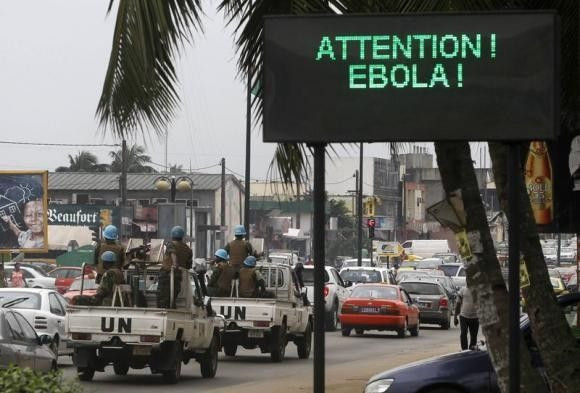Canada Fears Ebola: Pulls Out Lab Team from Sierra Leone

Canada has announced it will be evacuating its three-man mobile laboratory team from Sierra Leone following findings that some people in the hotel they were staying had contracted the deadly Ebola virus.
Although none of the team members had any direct contact with the sick individuals and have yet to show signs if they have been also afflicted by the disease, the Public Agency of Canada said authorities decided to place them in voluntary isolation and be monitored closely.
Plans are likewise being facilitated to bring home the three-person mobile team from Winnipeg's National Microbiology Laboratory.
The three Canadians were among six workers at the lab. The others were two Americans and a Senegalese epidemiologist. The lab folded up because the Senegalese responder contracted the virus.
The six-man team were working at the Kailahun, Sierra Leone outpost, a unit that does not treat patients but only works as a support unit for a nearby treatment centre operated by Medecins Sans Frontieres (Doctors Without Borders).
The World Health Organisation (WHO) said it is now investigating how the Senegalese epidemiologist became infected with the deadly Ebola virus.
Christy Feig, WHO's director of communications, said they find it unusual that the Senegalese responder got infected, although he could just have simply got infected accidentally.
"It could have been a straightforward thing; he was exposed in an accident with an infected patient, it could have been that simple", Feig said. "But it also is a little unusual so we want to give it a close look so we can make sure there's not something about the set up there that is putting more people at risk".
The mobile laboratory is where the three Canadian scientists test blood samples to see which patients need immediate attention as well as who among the recovered can already be discharged.
But with the lab out of commission, blood samples now have to be carried by car to Kenema, which is 4-6 hours away from Kailahun.
"Without a lab, everything is slower", Karin Ekholm, MSF spokesperson, said. "It makes the whole process smoother when we can discharge or confirm cases more regularly and not keep people waiting for the test results".
As of Aug. 25, at least 240 health workers have been infected in this outbreak, where over 120 have died, according to the WHO.





















